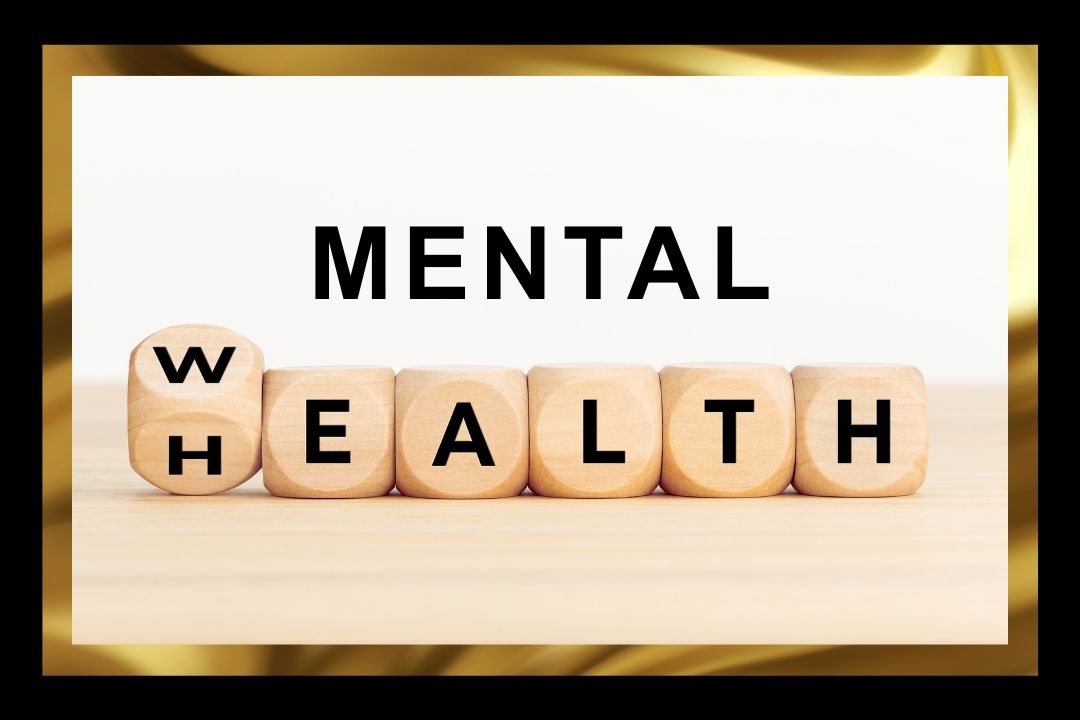
Building Mental Wealth in Business
Golden Mindset: Building Mental Wealth in Business
In today’s business world, mental health isn’t a luxury—it’s a necessity. Just like financial wealth, mental wealth needs conscious investment. As headlines grow darker and pressures rise, many business owners feel their emotional reserves wearing thin.
But what if hope was your most undervalued asset?
Enter the concept of a “hope budget”—a fresh, metaphorical approach to protecting your mental wellbeing in business.
What Is Mental Wealth—and Why Does It Matter?
Mental wealth refers to your emotional resilience, clarity, and ability to face challenges with a solutions-focused mindset. In business, it’s your golden reserve—what keeps you steady when stress hits and plans go sideways.
According to Beyond Blue, one in five Australians experience symptoms of mental illness each year. Business owners, especially sole traders, often experience additional risk factors including long hours, isolation, and financial pressure.
Protecting your mental wealth isn’t just good sense—it’s a strategic investment in your business future.
The Hope Budget: A Metaphor for Emotional Cash Flow
Like money, emotional resources are limited. A “hope budget” is a metaphorical way of thinking about how much negativity you can handle before your mental wellbeing starts to decline. It’s about consciously managing your exposure to stress, especially from negative news and social media.
Spending too much time immersed in distressing content can trigger real psychological stress. In 2017, therapist Dr. Steven Stosny coined the term headline stress disorder to describe heightened anxiety from constant news exposure. Though not a clinical diagnosis, the term reflects a growing reality for many.
A 2022 Reuters Institute study found 36% of people avoid news because it harms their mood, and 16% because it makes them feel powerless.
The goal isn’t to ignore the world—but to stay engaged in a healthy, sustainable way.
Gold Standard Tips to Build Your Mental Wealth
1. Audit Your Emotional Spending
Too much bad news? Time for a reality check. Set daily time limits for news consumption and avoid scrolling before bed. Choose sources that include solutions-focused stories.
🧠 Tip: Follow outlets practising “constructive journalism”—reporting that highlights how problems are being tackled, not just the chaos.
2. Diversify Your Input
Just like diversifying financial investments, consuming a broader range of media builds mental resilience. Include good news—from community wins to medical breakthroughs—to balance out the gloom.
🗞 Try keeping a “gold ledger” where you note stories of progress and hope. It works like interest on your emotional bank account.
3. Take Action—Even Small Steps Matter
Hope without action is like gold locked in a vault. Whether it’s helping a neighbour, joining a local cause, or donating to charity, your effort counts.
Studies show helping others improves both mental and physical wellbeing. It creates a sense of agency that can break the cycle of helplessness.
4. Protect Your Mental Boundaries
Set clear limits on media consumption. Curate your social feed to reduce toxic content. Prioritise offline time and real-world conversations with hopeful, solutions-oriented people.
Apps like Headspace or Smiling Mind offer guided mindfulness and breathing exercises—helpful tools to reset your stress levels.
Despair Is Dangerous for Business
When business owners lose hope, it impacts decision-making, leadership, and team morale. Emotional burnout leads to missed opportunities and declining productivity. Worse, it can erode the very motivation that drove you to start your business.
But hope is powerful fuel. It fosters resilience, creativity, and long-term vision.
Think of it as mental superannuation—invest early and wisely, and the returns compound.
Want to Build Your Mental Wealth? We Can Help
At DJ Grigg Financial, we understand that running a business is about more than the numbers. It’s about people—and protecting the people behind the business is just good business sense.
Let’s talk.
Contact us today to find support that understands both your business and your wellbeing.
Sources:
Beyond Blue: Mental Health Statistics ↩
Beyond Blue: Small Business Support ↩
Therapy Tribe: Headline Stress Disorder ↩
Reuters Institute Digital News Report 2022 ↩
Mental Health Foundation – Helping Others ↩
For more information on well-being and resilience in the workplace see this article.